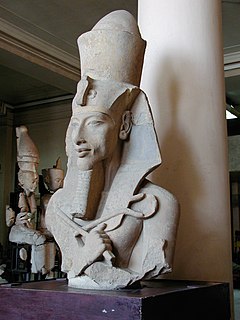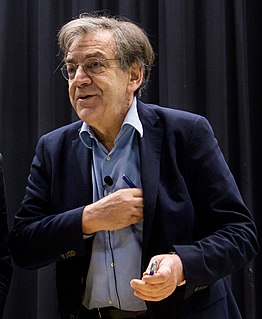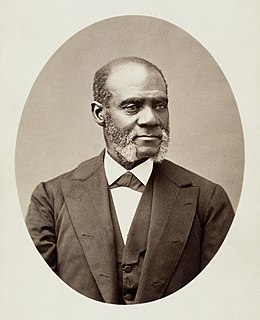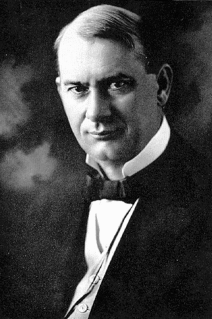A Quote by Lucretius
Were a man to order his life by the rules of true reason, a frugal substance joined to a contented mind is for him great riches; for never is there any lack of a little.
Related Quotes
But if anyone were to conduct his life by reason He would find great riches in living a peaceful life And being contented; one is never short of a little But men want always to be powerful and famous So that their fortune rests on a solid foundation And they can spend a placid life in opulence. There isn't a hope of it; to attain great honours You have to struggle along a dangerous way And even when you reach the top there is envy Which can strike you down like lightning into Tartarus. For envy, like lightning, generally strikes at the top Or any point which sticks out from the ordinary level.
Christianity set itself the goal of fulfilling man’s unattainable desires, but for that very reason ignored his attainable desires. By promising man eternal life, it deprived him of temporal life, by teaching him to trust in God’s help it took away his trust in his own powers; by giving him faith in a better life in heaven, it destroyed his faith in a better life on earth and his striving to attain such a life. Christianity gave man what his imagination desires, but for that very reason failed to give him what he really and truly desires.
Man is an Animal, formidable both from his Passions and his Reason; his Passions often urging him to great Evils, and his Reason furnishing Means to achieve them. To train this Animal, and make him amenable to Order; to inure him to a Sense of Justice and Virtue, to withhold him from ill Courses by Fear, and encourage him in his Duty by Hopes; in short, to fashion and model him for Society, hath been the Aim of civil and religious Institutions; and, in all Times, the Endeavour of good and wise Men. The aptest Method for attaining this End, hath been always judged a proper Education.
My conclusion is that there is no reason to believe any of the dogmas of traditional theology and, further, that there is no reason to wish that they were true. Man, in so far as he is not subject to natural forces, is free to work out his own destiny. The responsibility is his, and so is the opportunity.
Each man is contained and constrained, on entering social life, to fit his own life in, just as he fits his words and thoughts into a language that was formed without and before him and which is impervious to his power. Entering the game, as it were, whether of belonging to a nation or of using a language, a man enters arrangements which it does not fall to him to determine, but only to learn and respect the rules.
You are different from the really great man in only one thing: The great man, at one time, also was a very little man, but he developed one important ability: he learned to see where he was small in his thinking, and actions. Under the pressure of some task which was dear to him he learned better and better to sense the threat that comes from his smallness and pettiness. The great man, then, knows when and in what he is a little man.






































